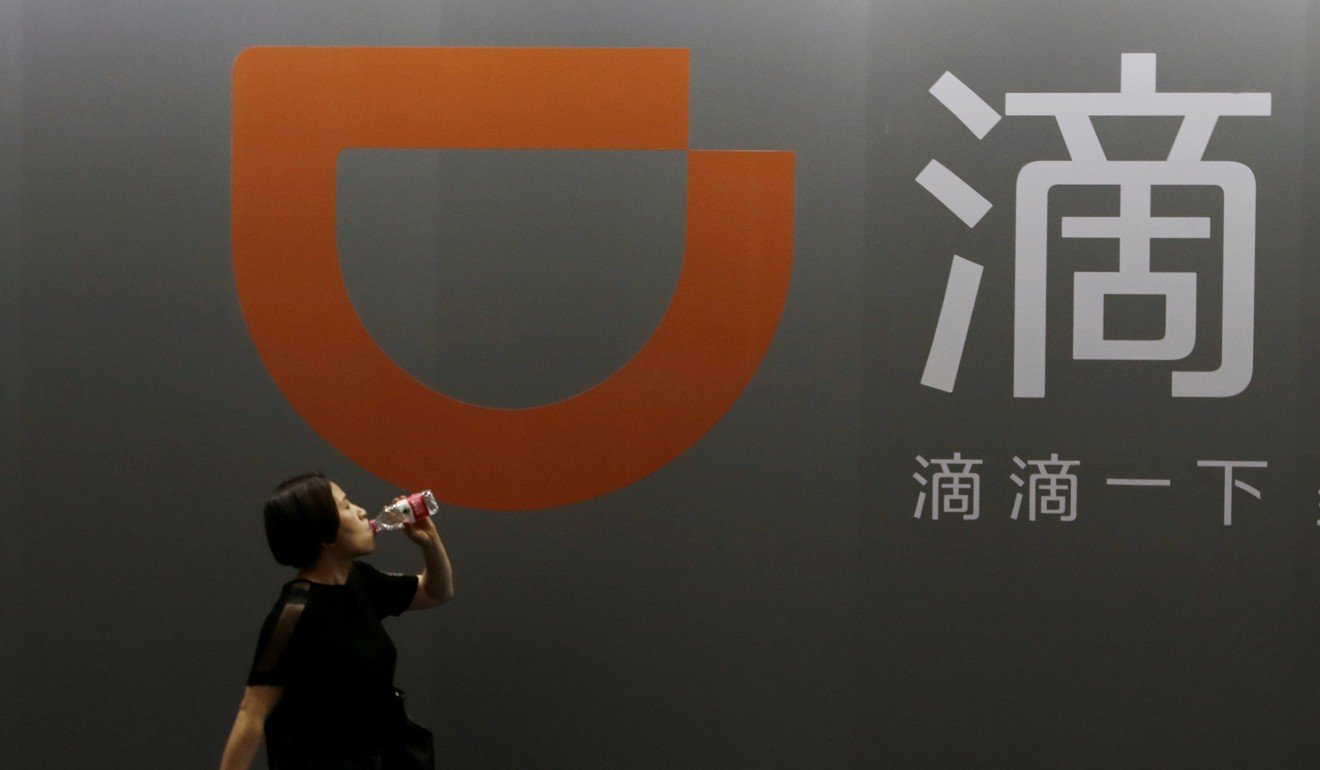
Xinhua slams Didi for price rises, criticises its monopoly in China
State news agency says after its US$35b acquisition of Uber’s China operations in August 2016, Didi now commands almost a 90pc domestic market share
China’s official Xinhua News Agency has slammed car-hailing service Didi Chuxing for “capricious” price rises, suggesting its acquisition of former competitor Uber China’s business has resulted in a monopoly of the market, as well as making its charges more opaque.
As hailing a car has become nearly impossible in some cities in China, consumers who pay an extra 50 per cent to Didi during peak hours are now given preference, Xinhua said in a commentary.
The company’s unreasonable charging also now tops the list of complaints by customers, but Didi has never disclosed its fare-rise algorithms even though the company claims any fare adjustment is based on supply and demand.
Didi has also failed to provide reasonable grounds to justify its price-rise increments for rides, said Xinhua.
Didi declined to comment on the Xinhua report.

The Chinese official news agency claimed the company’s unscrupulous price rises were made after its US$35 billion acquisition of Uber’s China operations in August 2016, that made Didi the largest player in the domestic market, now commanding almost a 90 per cent market share.
The news agency suggested, too, that stringent new government regulations on the internet ride-hailing sector is another reason for the pricing chaos, resulting in a cut in the number of qualified drivers and vehicles to operate the business, which has forced Didi to pass on the extra costs to consumers to maintain profits as its overall fleet is reduced.
Xinhua also noted the ongoing antitrust investigation on the Didi-Uber deal, adding customers are getting tired of the lack of progress, which is ultimately affecting the efficiency of the service.
Last week, the Chinese Ministry of Commerce said the investigation over Didi’s acquisition remains in progress. A market source said that Didi is also in active communication with the authorities as part of a regular review process.
Zhang Xu, a Beijing-based senior analyst with Analysys International, however, does not agree with Xinhua’ claim of a monopoly having been created.
“It is the new regulations on the car-hailing markets that has resulted in fewer drivers registering on the Didi platform, and the higher fares,” said Zhang.
Another measure introduced by regulators in a majority of city governments, especially first-tier and other large cities, is that all drivers and vehicles are required to be local, with large number of former participants whose car plates were not local and drivers who do not own a local hukou now excluded from operating outside their own area.
Aileen Liang, a previously regular Didi user in Shenzhen, says she has given up using it now, as it has become easier, and cheaper, to hail a taxi on the street.
“Didi is getting more and more expensive and it is no longer a priority for me,” said Liang.
In April, Didi announced it had closed a US$5.5 billion round of funding, the largest ever for a technology company. It is now valued at around US$50 billion, one of the highest for any startup worldwide.

